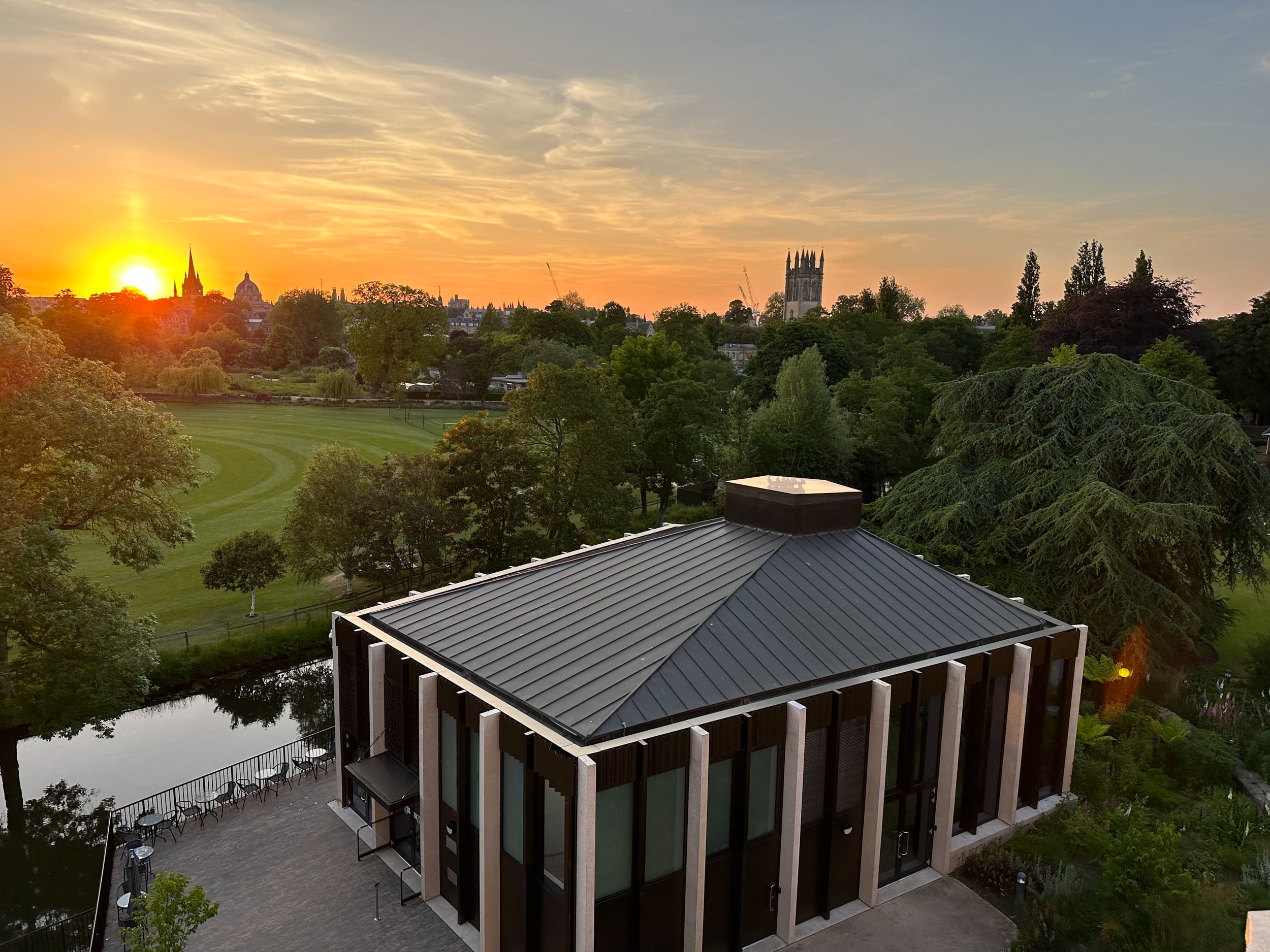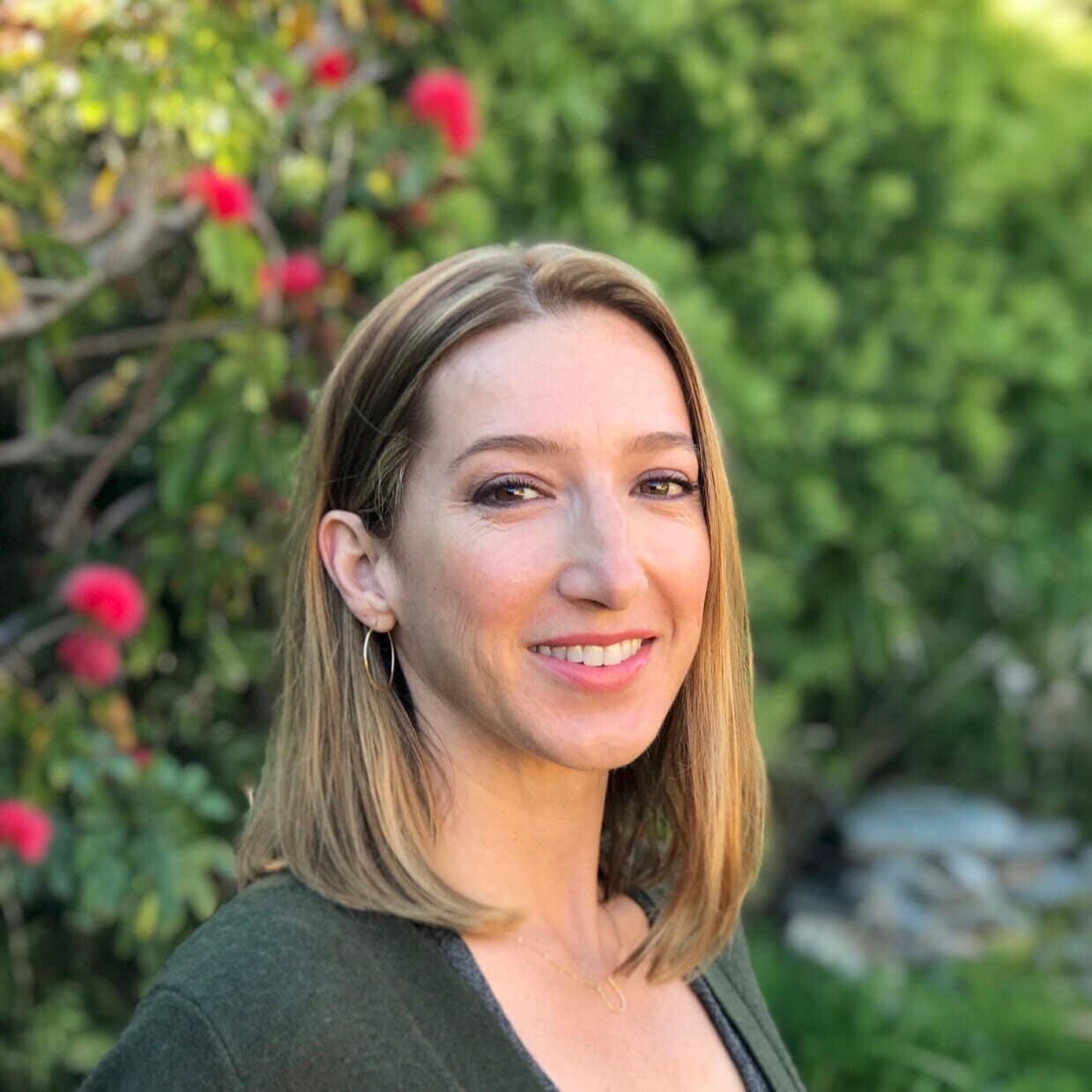
Biography
Lisa has a special interest in applying a geospatial approach at the intersection of science and policy to solve environmental problems. Her overall approach to research and problem solving weaves together theoretical approaches from the disciplines of landscape ecology, conservation biology and applies geospatial analytical tools and techniques. Lisa is particularly interested in applying spatially predictive modeling and mapping approaches to inform place-based ocean governance. Her applied seascape ecology research has focused on field-based ecological data collection and spatial modeling efforts in both tropical and temperate marine environments. During Lisa’s dissertation, she worked with the NOAA Biogeography Branch to conduct >1,000 underwater marine ecological surveys to link her field-based work to new remotely sensed measures of the seascape to inform the geospatial analysis and modeling efforts. Her current research is focused on combining remote sensing and analytical tools to track rapid change in these marine regions, in order to help identify risks of potential tipping points and illuminate ocean policy solutions.
Lisa has a special interest in teaching an applied geospatial approach to problem solving in natural resource management using inquiry-based teaching methods. At St Hilda's and Worcester College, she is responsible for teaching students physical geographical topics for the Preliminary Examination and Final Honour School of Geography.
Undergraduate
Geospatial Field Methods Course – Lisa has created the geospatial curriculum for a one-month intensive field marine ecology course at the Hawaii Institute of Marine Biology. She has spent the last decade teaching undergraduates how to use GPS, plan a field sampling design using benthic habitat maps, manage data in GIS (Geographic Information Systems), collect remotely sensed data, conduct spatial analysis and create map products for scientific reporting.
Academic Advising
At SoGE, Lisa will be leading research in each of these sub-themes:
1) Integrating landscape ecology and remote sensing to support spatially predictive modeling and mapping of key resource species.
2) Applying remote sensing to illuminate climate change effects on coastal social-ecological resilience and tipping points.
3) Linking geospatial data science to high seas and open ocean policy and governance solutions.
She welcomes enquiries from individuals wishing to undertake doctoral or post-doctoral research in the following themes: spatial ecology, seascape ecology, conservation biology, remote sensing, and linking geospatial science to policy.
Selected Publications
Google Scholar | Academia | Research Gate
Wedding, L.M. Jorgensen, S., Lepczyk, C. and A.M. Friedlander (2019) Remote Sensing of Three-dimensional Coral Reef Structure Enhances Predictive Modeling of Fish Assemblages. Remote Sensing in Ecology and Conservation https://doi.org/10.1002/rse2.115
Jouffray, J.B., Wedding, L.M., Norström, A.V., Donovan, M.K., Williams, G.J., et al. Parsing human and biophysical drivers of coral reef regimes. (2019) Proceedings of the Royal Society B: Biological Sciences. https://dx.doi.org/10.1098/rspb.2018.2544
Williams, G. Graham, N., Jouffray, J.B., Norström, A., Nyström, M., Gove, J., Heenan, A. and L.M. Wedding (2019) Coral Reef Ecology in the Anthropocene in special issue of Functional Ecology https://doi.org/10.1111/1365-2435.13290
Wedding, L.M., Reiter, S., Hartge, E., et al. (2018) Values at the Land-Sea Interface: Mapping Coastal Ecosystem Services in a Changing Climate. Current: Journal of Marine Education.
Wedding, L.M., Lecky, J. Gove, J.M., Walecka, H, Donovan, M.K. et al. (2018) Advancing the Integration of Spatial Data to Map Human and Natural Drivers on Coral Reefs. PLoS One. 13(3): e0189792. https://doi.org/10.1371/journal.pone.0189792
Reiblich, J., Wedding, L.M., and E. Hartge. (2017) Enabling and Limiting Conditions of Coastal Adaptation: Local Governments, Land Uses and Legal Challenges. Ocean and Coastal Law Journal. 22 (2): 156-194. https://digitalcommons.mainelaw.maine.edu/oclj/vol22/iss2/12
Young, M., Wedding, L.M., and Carr, M. (2017) Applying Landscape Ecology Metrics to Evaluate Networks of Marine Protected Areas. Chapter 14 in Seascape Ecology: Taking Landscape Ecology into the Sea. Pittman, S. J. eds. Wiley and Sons.
Mach, M.M., L.M. Wedding, S.M. Reiter, F. Micheli, R.M. Fujita, and R.G. Martone (2017) Assessment and Management of Cumulative Impacts in California's Network of Marine Protected Areas. Ocean & Coastal Management 137(1):1-11. https://dx.doi.org/10.1016/j.ocecoaman.2016.11.028
Wedding, L.M., Reiter, S., Hartge, E., Guannel, G., et al. (2016) Modeling and Mapping Coastal Ecosystem Services to Support Climate Adaptation Planning. In Dawn J. Wright, ed.: 2016; Ocean Solutions, Earth Solutions. Chapter 20, pages 389-410. DOI: 10.17128/9781589483651_d
Reineman, D., Wedding, L.M., Hartge, E., McEnery, W., and J. Reiblich (2016) Access, Equity, and Environmental Change on the California Coast. Stanford Environmental Law Journal. 36, 89.
Wedding LM, Maxwell SM, Hyrenbach D, Dunn DC, Roberts JJ, Briscoe D, Hines E, Halpin PN. (2016) Geospatial Approaches to Support Pelagic Conservation Planning and Adaptive Management. Endangered Species Research. Vol: 30, 1-9. 2016. DOI: 10.3354/esr00716
Wedding, L.M., Reiter, S.R., Smith, C.R., Gjerde, K.M., Kittinger, J.N., Friedlander, A.M., Gaines, S.D., Clark, M.R., Thurnherr, A.M., Hardy, S.M. and L.B. Crowder. (2015) Managing Mining of the Deep Seabed. Science 349 (6244):144-145. DOI: 10.1126/science.aac6647
Reiter, S.M., Wedding, L.M., Hartge, E., LaFeir, L and M.R. Caldwell (2015) Climate Adaptation Planning in the Monterey Bay Region: An Iterative Spatial Framework for Engagement at the Local Level. Natural Resources. 6, 375-379. DOI: 10.4236/nr.2015.65035
Wedding, L.M. and M. Yoklavich (2015) Habitat-based Predictive Mapping of Rockfish Density and Biomass off the Central California Coast. Marine Ecology Progress Series, 540: 235–250, DOI: 10.3354/meps11442
Jouffray, J.B., Nystrom, M., Norstrom, A., Williams, I., Wedding, L.M., et al. (2014) Identifying Multiple Coral Reef Regimes and their Drivers across the Hawaiian Archipelago. Philosophical Transactions of the Royal Society B: Biological Sciences. 370: 20130268. DOI: 10.1098/rstb.2013.0268
Wedding, L.M., Friedlander A.M., Kittinger, J.N., Watling L., Gaines, S.D., et al. (2013) From Principles to Practice: A Spatial Approach to Systematic Conservation Planning in the Deep Sea. Proceedings of the Royal Society B: Biological Sciences. 280:20131684. DOI: 10.1098/rspb.2013.1684
S. Pittman, Wedding, L.M., and B. Costa (2013) LiDAR Applications. Chapter 6 in Goodman, Purkis & Phinn (eds.) Coral Reef Remote Sensing, 145-174, DOI: 10.1007/978-90-481-9292-2_6
Wedding, L.M., C. Lepczyk, S. Pittman, Friedlander A. and S. Jorgensen. (2011) Quantifying Seascape Structure: Extending Terrestrial Spatial Pattern Metrics to the Marine Realm. Marine Ecology Progress Series – special issue on seascape ecology, 427: 219–232.
Wedding, L.M., Gibson, B., Walsh, W. and T. Battista. (2011) Integrating Remote Sensing Products and GIS Tools to Support Marine Spatial Management in West Hawaii. Journal of Conservation Planning, 7; 60 - 73
Wedding, L.M., and A. Friedlander. (2008) Determining the Influence of Seascape Structure on Coral Reef Fishes in Hawaii Using a Geospatial Approach. Marine Geodesy, 31, 246-266.
Wedding, L.M., A. Friedlander, M. McGranaghan, R. Yost and M. Monaco (2008) Using Bathymetric LiDAR to Define Nearshore Benthic Habitat Complexity: Implications for Management of Reef Fish Assemblages in Hawaii. Remote Sensing of Environment, 112, 4159-4165.
Positions
- Lecturer in Geography
- Associate Professor in Physical Geography
Subjects
- Geography
